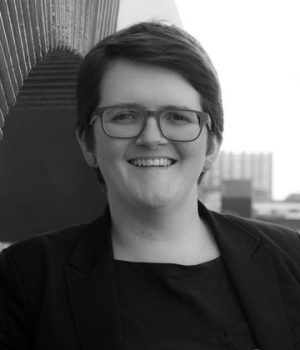Tyndall Centre’s Lorraine Whitmarsh, Clair Gough and Carly McLachlan, are advising UK Parliament on how to do their new climate change Citizen’s Assemblies.
Tyndall Centre researchers, Lorraine Whitmarsh, Clair Gough and Carly McLachlan, are advising UK Parliament on how to do their new climate change Citizen’s Assemblies.
The aim of the Citizen’s Assemblies is to give people a say on how the UK reaches its net zero emissions target for 2050. Climate Assembly UK was commissioned by six cross-party House of Commons Select Committees in summer 2019 response to the Government’s commitment to meet net zero carbon emissions by 2050. The Assemblies are also an objective of the Extinction Rebellion protests.
“I am delighted that Tyndall Centre Researchers are contributing their expertise and experience to the Climate Assembly to support discussions on the UK’s pathway to net zero. Positively engaging citizens about different options and what our lives will look like in a net zero world is an essential part of further building support, enthusiasm and momentum for this transition” says Prof Carly McLachlan, Deputy Director of the Tyndall Centre and Director of Tyndall Centre Manchester.
Prof. Lorraine Whitmarsh is an Expert Lead. Lorraine is at the University of Cardiff and the Tyndall Centre, and Director of the new Climate and Social Transitions Centre. The Leads ensure that Climate Assembly UK upholds the key principles of balance, accuracy and comprehensiveness, and that the assembly focuses on key questions about how to achieve net zero emissions by 2050.
Dr. Clair Gough and Prof Carly McLachlan, Tyndall Centre Manchester at the University of Manchester, are announced as members of the Academic Panel. The Panel is made up of researchers working on areas of climate change to be covered by the Assembly. The Panel will use its expert knowledge to review written briefings for Assembly members and to support the Expert Leads in their role. Prof Jason Chilvers at the University of East Anglia’s School of Environmental Sciences and UK Energy Research Centre is also a member of the Academic Panel.
Climate Assembly UK will meet for the first time at the end of January and will have three further weekend meetings before the end of March. The 110 assembly members will consider how net zero can be achieved by 2050 and make recommendations on what the Government, businesses, the public and wider UK society should do to reduce carbon emissions.
At each meeting, Members will consider a range of climate-focused topics including transport, energy use in the home, agriculture and consumer choices.
An extensive team of climate specialists, business leaders, constitutional and economic experts and civil society organisations are involved in ensuring Climate Assembly UK is balanced, accurate and comprehensive.











